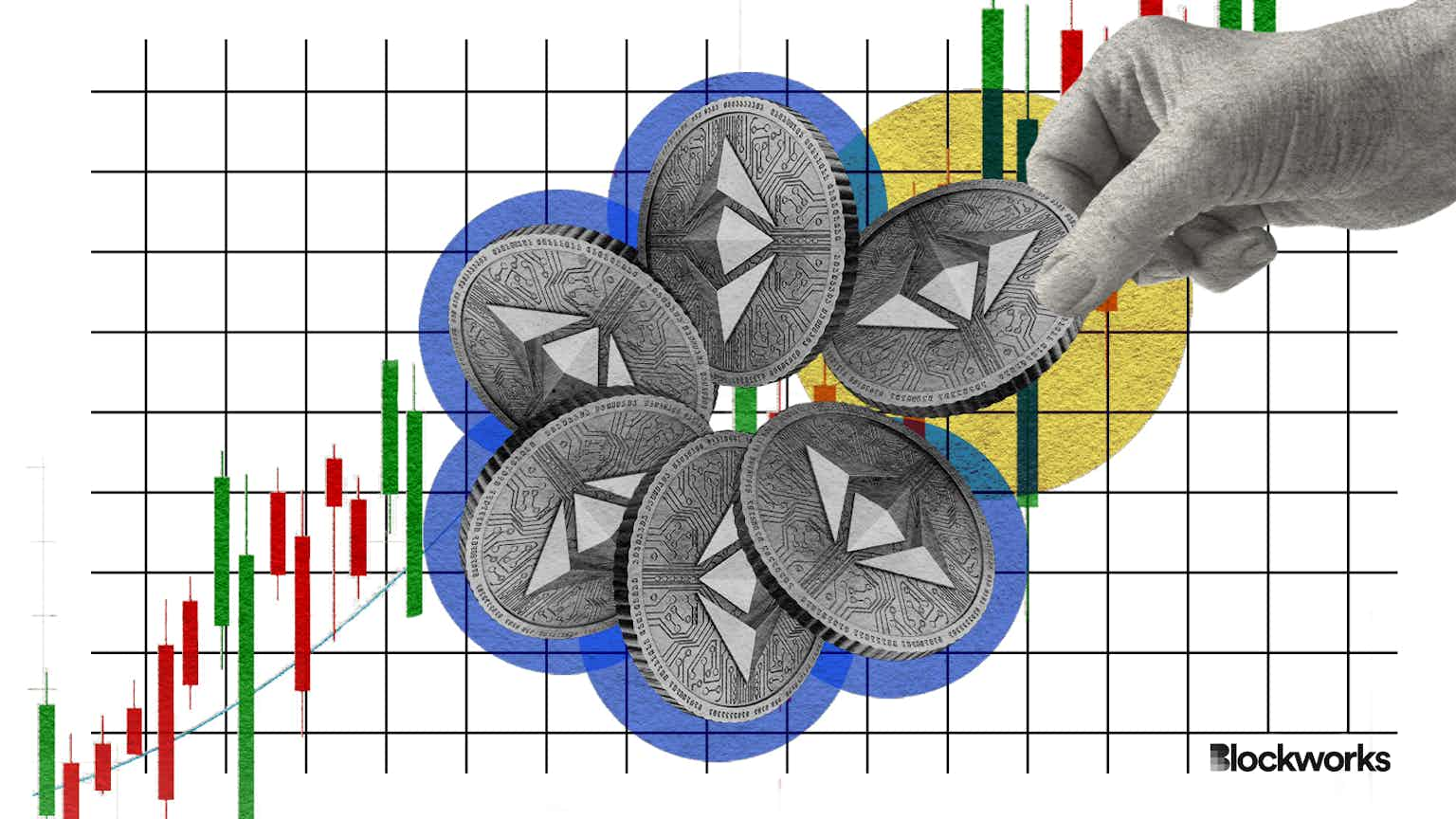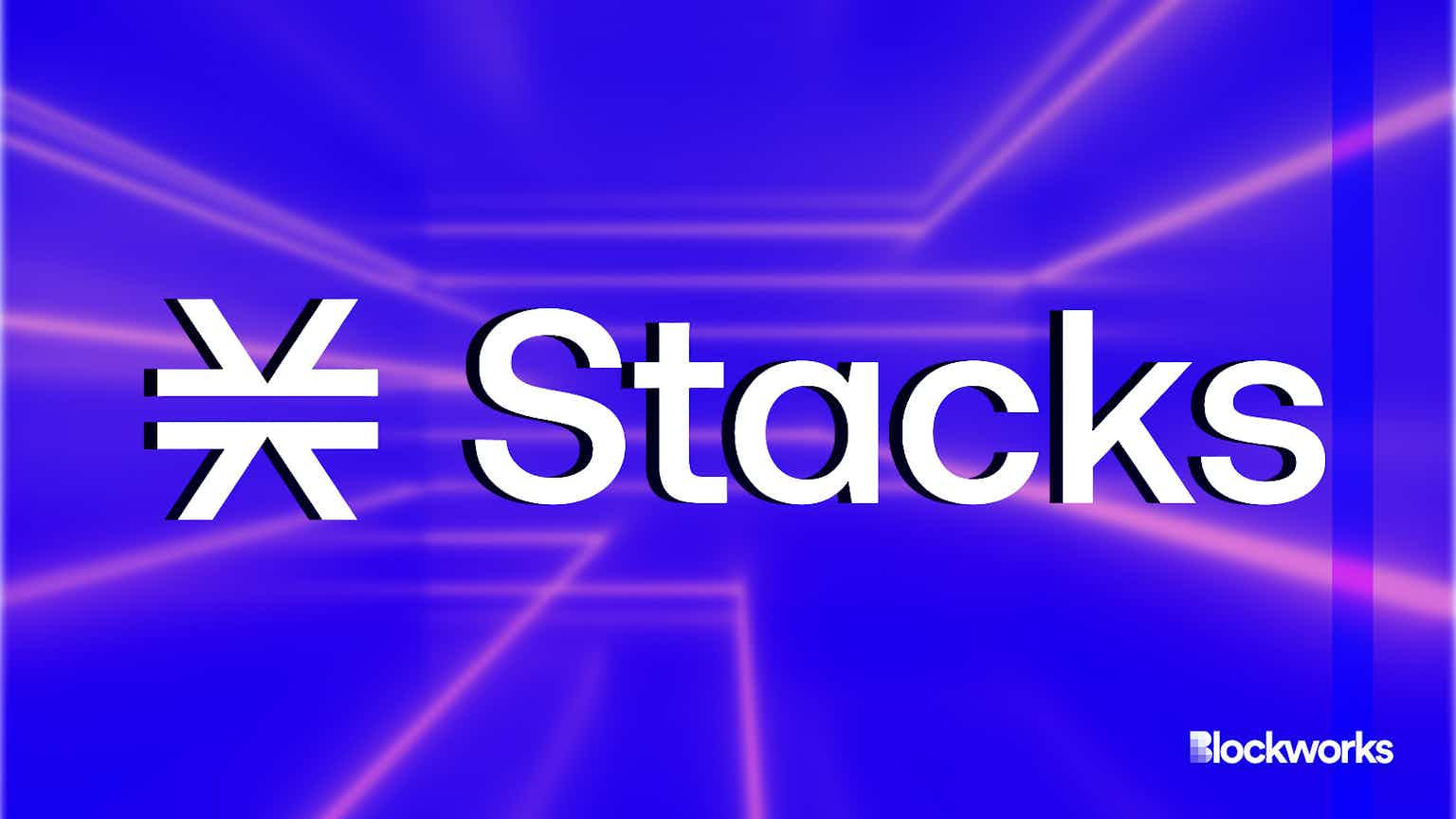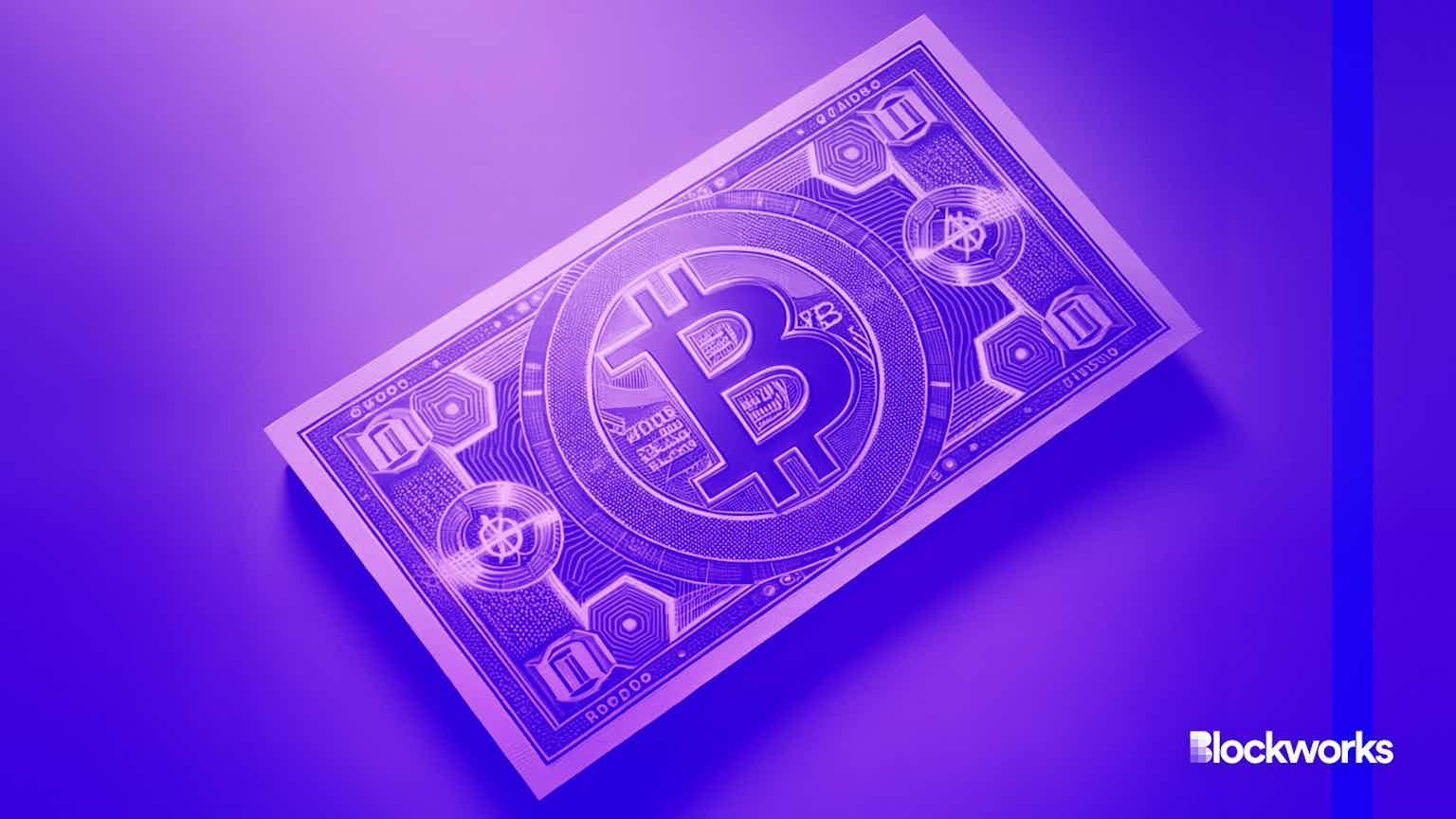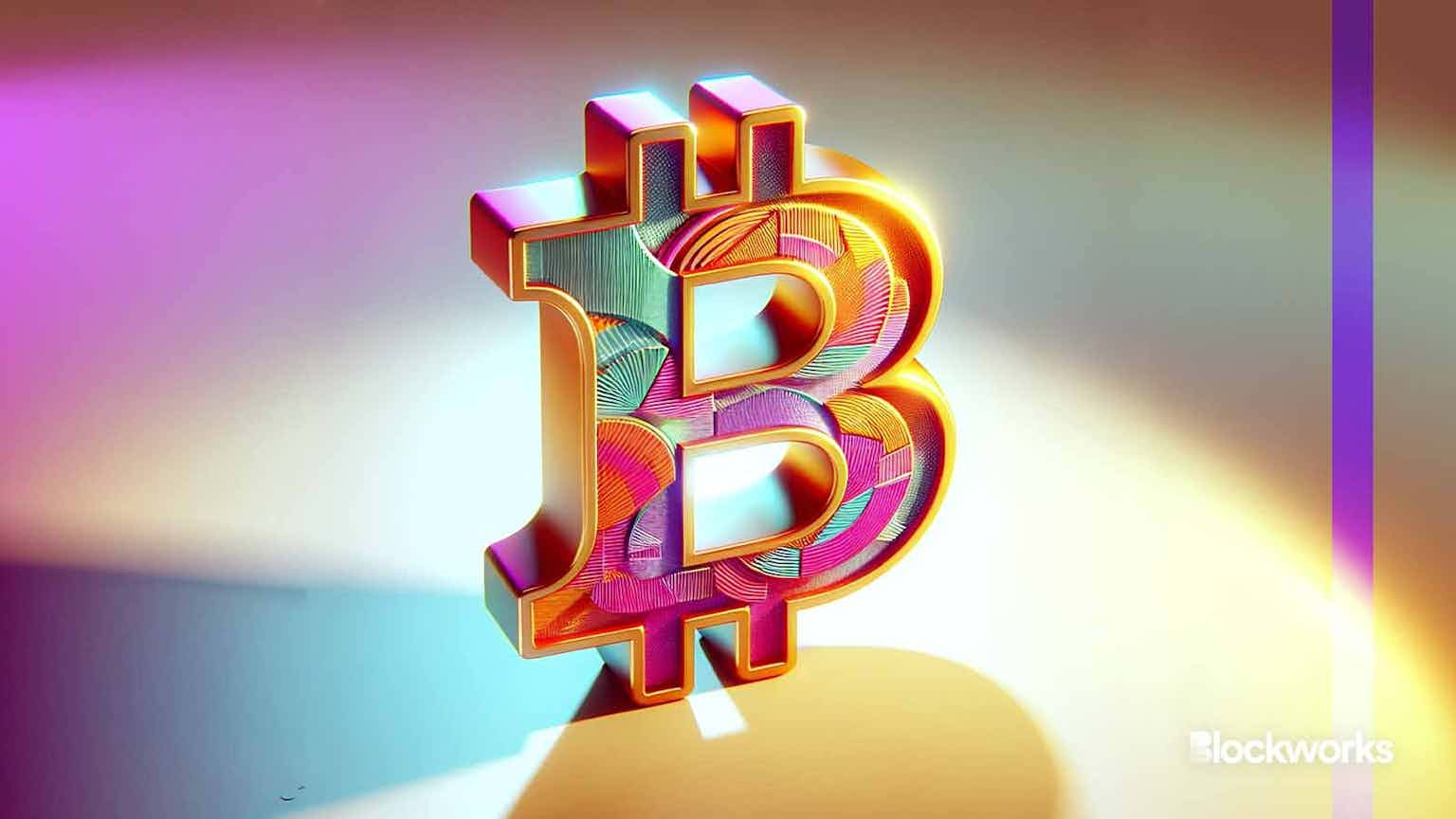Taiwan Securities Watchdog Will Regulate Crypto — But Not NFTs
Taiwan will first regulate crypto payments and other transactions, ensuring local firms stick to anti-money laundering rules

Shutterstock.com/GR.Stocks, modified by Blockworks
In Taiwan, the top financial watchdog is set to become the main oversight body for the local crypto industry, in what would mark a first for East Asia.
Financial Supervisory Commission (FSC) chairman Huang Tien-mu said in parliament Monday that initially only crypto payments and transactions will come under his agency’s ambit, Reuters reported.
The FSC regulates securities markets, insurance providers and the banking sector. The only key rule for crypto, for now, is that domestic platforms are meant to comply with anti-money laundering rules.
Huang reportedly said it’s too early to debate forming separate legislation especially for crypto. He’s also yet to discuss details around self-regulation and other aspects of the crypto industry with governmental departments.
The official appointment of the FSC is expected to be made by the end of March, per Bloomberg, which cited a person familiar with the matter.
Non-fungible tokens (NFTs) won’t fall under the FSC’s purview and could instead be assigned to another department, such as the IT-focused Digital Affairs Ministry. Stablecoins could have an association with the central bank.
While crypto has been outright banned in nearby mainland China since 2021, Taiwan instead introduced anti-money laundering laws for crypto services providers in July of that year.
One year later, some 24 crypto firms registered under Taiwan’s Money Laundering Control Act including MaiCoin, BitoPro and XREX.
In the first half of 2022, crypto trading volumes in Taiwan shot up more than 30%. Its biggest crypto exchange MaiCoin saw over $20 million in daily trading volume (for scale, Coinbase currently processes about $2 billion per day, according to CoinGecko).
Taiwan moving to formally regulate crypto payments comes after a chaotic year for cryptocurrencies, earmarked by crypto exchange FTX filing for bankruptcy in November, having failed to handle an $8-billion-plus influx of user withdrawals.
Regulators around the world have called for more scrutiny of crypto exchanges and warned investors of risks associated with digital assets.
The securities watchdog banned digital asset transactions via credit cards in July, asking the banking industry not to grant “merchant status” to crypto service providers.
Start your day with top crypto insights from David Canellis and Katherine Ross. Subscribe to the Empire newsletter.





